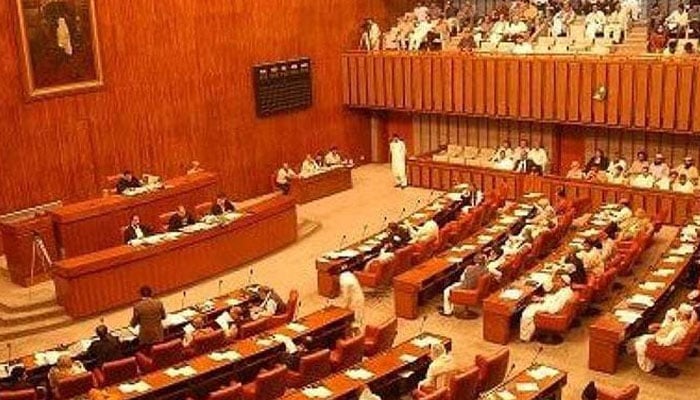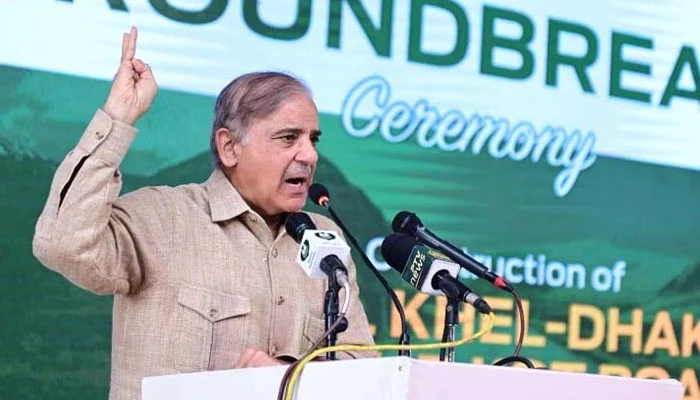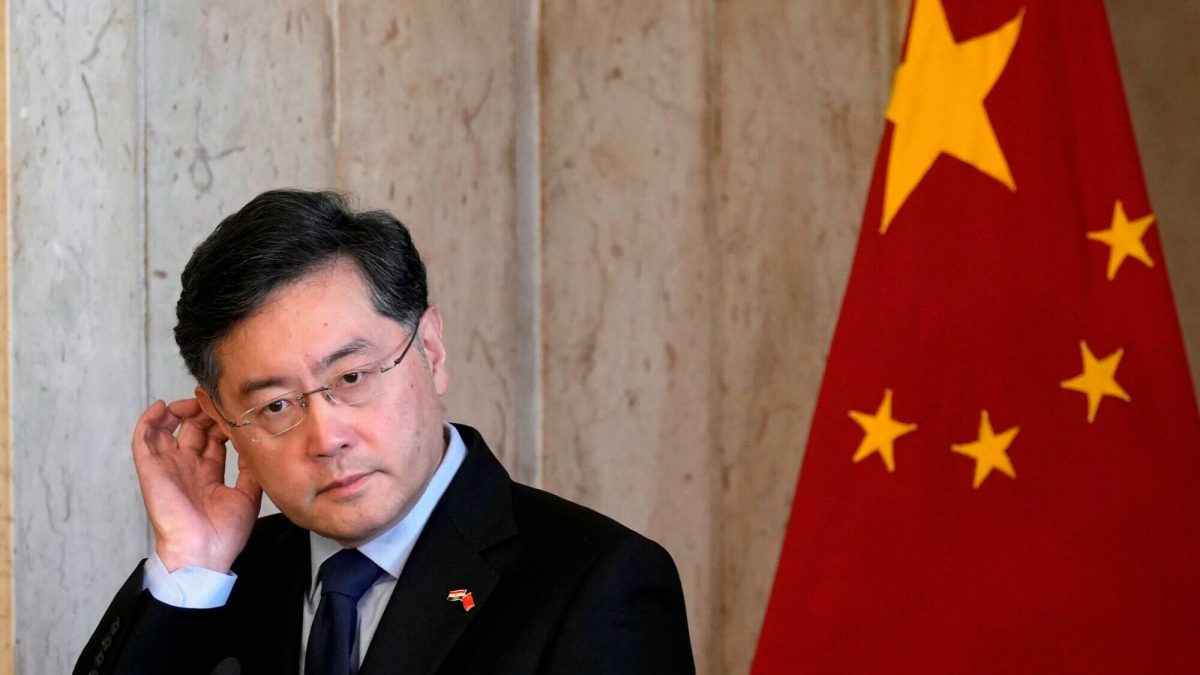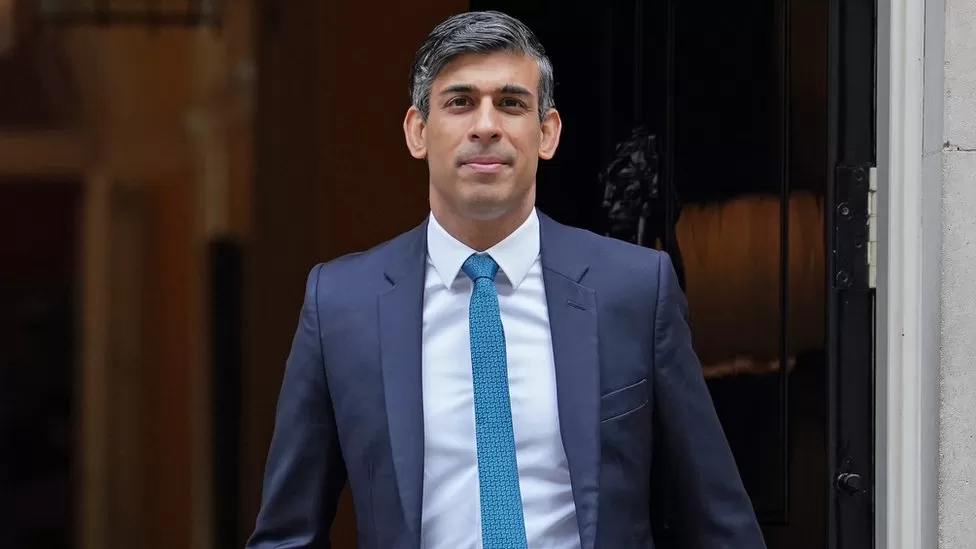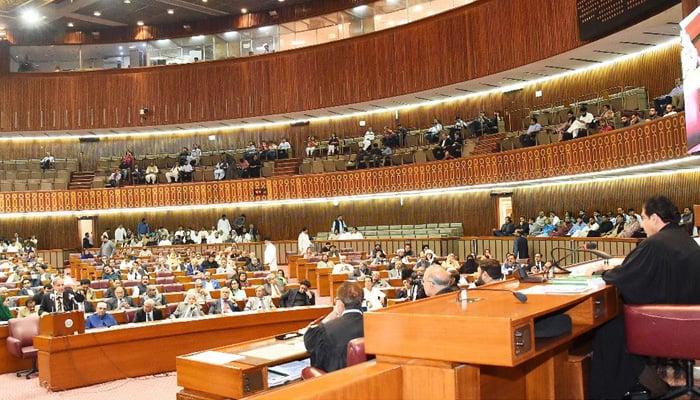In order to curb corrupt practices, the federal government on Tuesday presented Toshakhana (Management and Regulation) Bill, 2023 in the Senate, proposing a fine of five times the market value of a gift for violation of the rules.
The bill was moved by the ruling PML-N’s Minister for Parliamentary Affairs Murtaza Javed Abbasi. The bill suggests a penalty of five times the value of a Toshakhana gift in case of failure to deposit the item in the repository within the time period given in the rules.
If the Senate passes the bill, it would be applied to the president, prime minister and members of the armed forces. It would also be applicable to governors, Senate chairperson and deputy chairperson, National Assembly speaker and deputy speaker, federal and provincial ministers, ministers of state, chief ministers, political secretaries, PM’s aides, advisers, attorney general and law officers. Spouses and children of public office holders would not be expected from it.
It is pertinent to mention here that the Election Commission of Pakistan (ECP), in a consensus verdict in Toshakana reference, had disqualified former prime minister Imran Khan and ruled that the PTI chairman is no more a member of the National Assembly in October last year.
The ECP stated that Imran Khan submitted a false affidavit and was found involved in corrupt practices under Article 63(1)(p).
It is pertinent to mention here that besides the PTI chief, leaders from the other parties also boarded Toshakhana ‘gravy train’.
In March, 2023, the federal government, in compliance with the orders of the Lahore High Court (LHC), made public the record of state officials who obtained Toshakhana gifts since 2002.
As per the details, Khan retained one watch (Graff No.AU750) 18-carat gold and diamond assessed value of Rs85 million, a pair of cufflinks (over Rs5.6m), one pen (Rs1.5m) and a ring (Rs8.7m) by depositing just Rs20.17m in Toshakhana.
Former president Asif Ali Zardari also retained various items including one BMW 760 Li (Security version, model No.2008) — assessed value Rs57,828,705 — and one Toyota Lexus LX 470 (Security version) — valued at Rs.50,000,000 by depositing a total of around Rs16.1m.
He also obtained another BMW 760 Li white (Security version) (Model No.2004) — valued at Rs27,339,370 — by depositing Rs4.09m.
In 2013, former prime minister Nawaz Sharif retained one Rolex Watch Oyster Perpetual N Series 0835D018 (over Rs1.18m), one pair of cufflinks with a pen (Rs0.025m) and four commemorative coins of the Central Bank of Kuwait (Rs0.015m) by depositing Rs0.243m in Toshakhana.
In 2016, Nawaz Sharif’s wife, Kulsoom Nawaz, retained one bracelet valued at Rs12.7m, one necklace and earrings (Rs41.6m) by depositing Rs10.8m.
Moreover, former premiers Raja Pervaiz Ashraf, Yousaf Raza Gillani; former finance minister Sartaj Aziz; ex-president Pervez Musharraf; incumbent Finance Minister Ishaq Dar and others’ names are included in the list.


